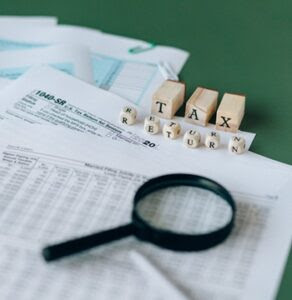Singapore's Goods and Services Tax
GST is now an indirect tax that is added to the sales value of goods and services delivered by Singaporean business organizations that have registered for GST. The present GST rate is 7%. Several other nations refer to VAT as Value Added Tax (VAT), sometimes referred to as Goods and Services Tax (GST). In Singapore, companies just serve as collecting agents for the tax department, in contrast to those other nations where the government should be responsible for tax collection.
What
does GST entail for a Singaporean business?
Singapore-based
corporations do not immediately become registered to collect GST. Before a
business can impose and collect GST, there are a few requirements that must be
satisfied. If your business is GST-registered, you are required to charge GST
to your clients and submit the money you have received in tax to the
appropriate authorities.
Before a
business can charge and gather GST, it should submit an application to register
as a GST-registered business. The money collected from consumers on behalf of
tax authorities must also be deposited with the Singapore tax office via a GST
tax filing.
How to
register for GST
It is
important to send the tax office a Singapore Goods and
Services Tax Registration Process (GST F1) and the required supporting
documentation. There are different application processes and paperwork provided
for foreign companies. International registrants must designate a local agent
to operate on their behalf.
It takes
around three weeks to register. In the instance of partnerships, another form
(GST F3) with information on all participants should be filled in. In addition
to their GST number, the day your company officially registers for GST, your
filing regularity, and also the deadlines for filing, all of this information
will be included in that letter. You will receive a letter notifying you of
your GST registration after it has been successfully completed. Electronic
filing is required for GST returns.
How do
you file a GST return?
You have
to make a return if you're a GST-registered business (GST F5). One day after
the accounting period ends, you should electronically submit your GST F5. You
still have to file a "nil" return even when there's no tax payable
for the specified period.
Total
sales, exports, and imports from GST-registered companies are all included in
GST F5. Before the end of the month, after the conclusion of your authorized
accounting cycle, you should make sure IRAS gets your return. You will be fined
if you submit your GST return after the deadline.




Comments
Post a Comment